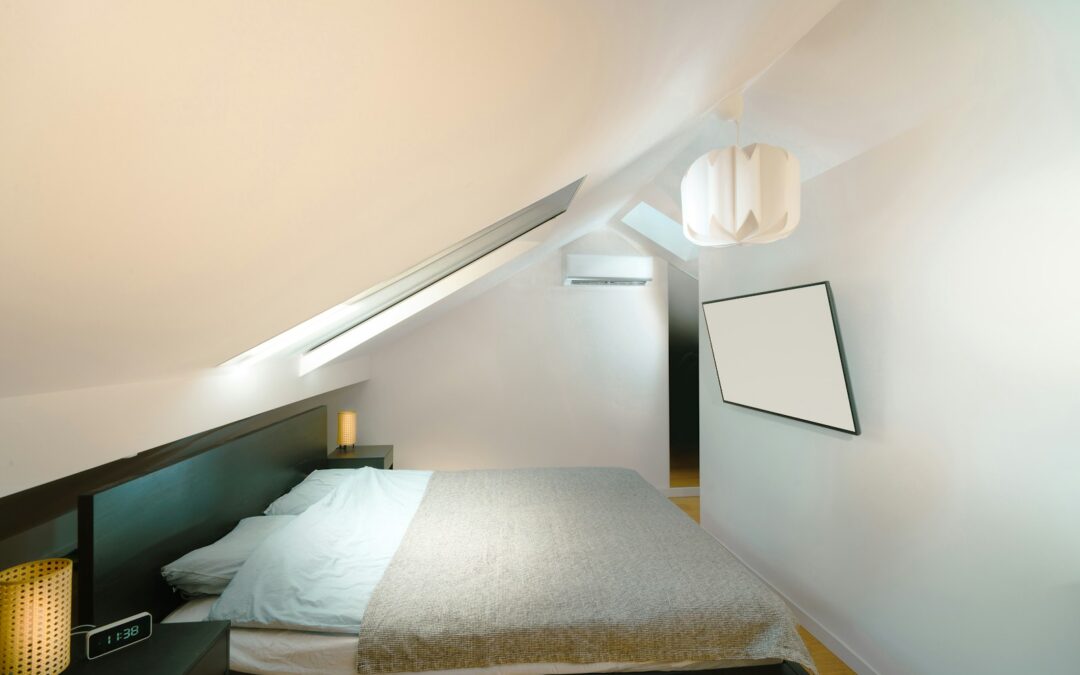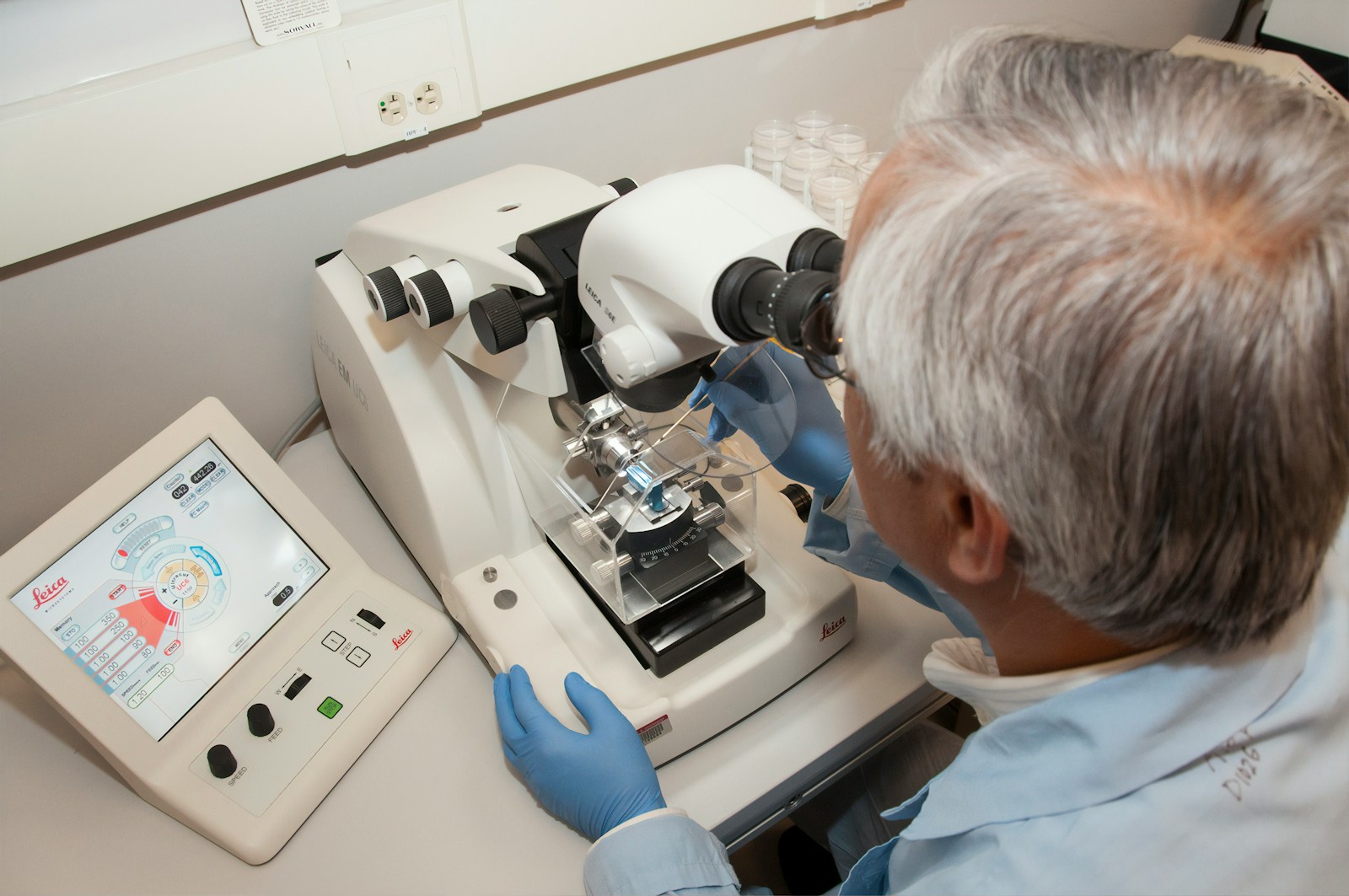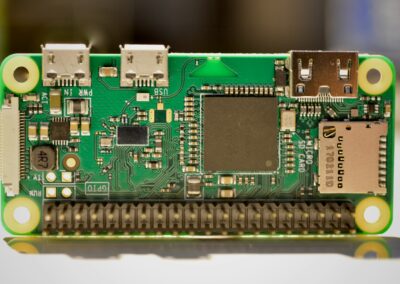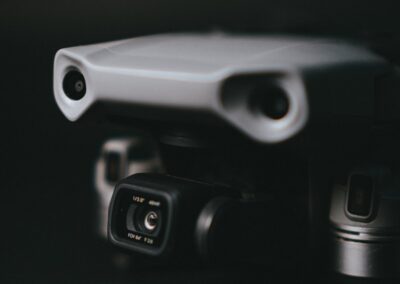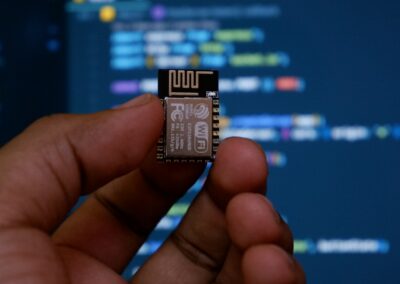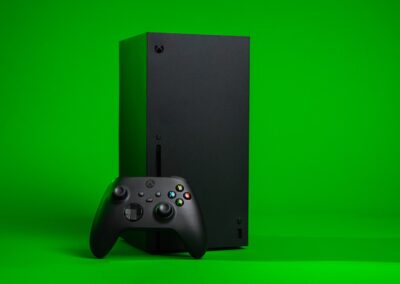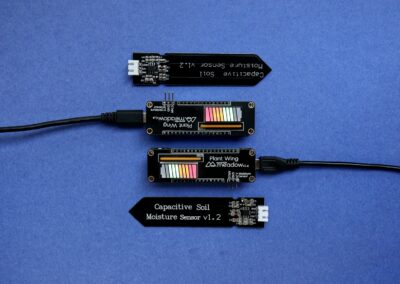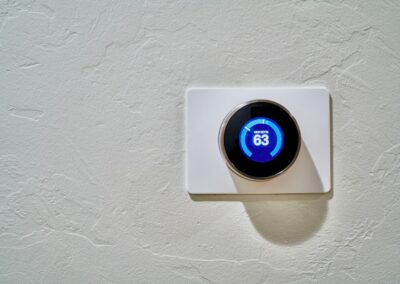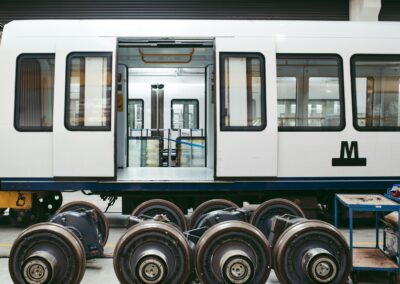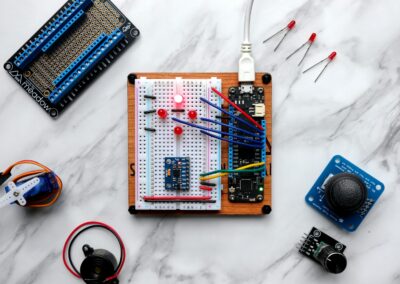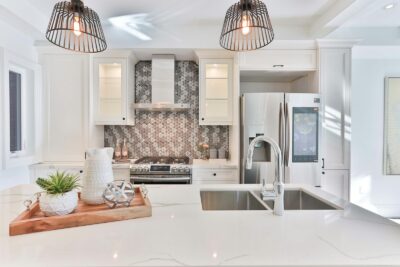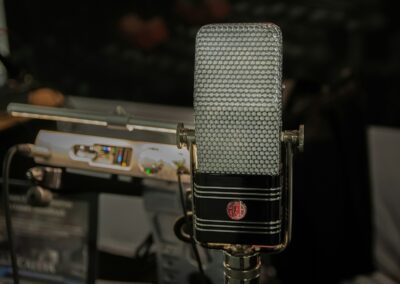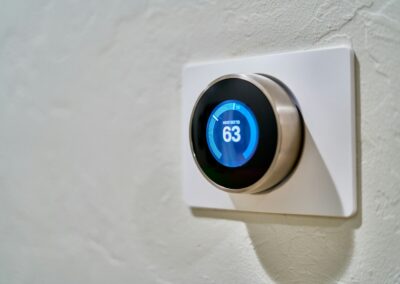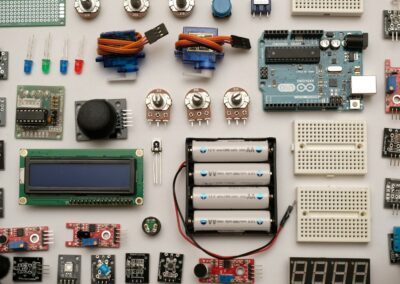Transforming Homes and Buildings with Smart Technology
Innovative Applications of Sensors in Smart Home Systems
The role of sensors and actuators in smart home automation is pivotal in transforming ordinary homes into intelligent, efficient living spaces. Sensors serve as the eyes and ears of a smart home system, constantly monitoring environmental conditions and activities within the home. In regions like Saudi Arabia and the UAE, where modern technology and luxury living converge, the integration of sensors into smart homes has become increasingly prevalent. These sensors can detect a wide range of variables such as temperature, humidity, light levels, and motion, providing real-time data that can be used to enhance comfort, security, and energy efficiency.
For instance, temperature and humidity sensors can be integrated with HVAC systems to maintain optimal indoor climate conditions. This is particularly beneficial in cities like Riyadh and Dubai, where extreme temperatures can be a challenge. By automatically adjusting heating, ventilation, and air conditioning settings based on sensor readings, smart homes can ensure a comfortable living environment while minimizing energy consumption. Additionally, light sensors can adjust artificial lighting based on natural light levels, providing an ideal balance that enhances both energy efficiency and user comfort.
Security is another critical area where sensors play a crucial role in smart home automation. Motion sensors, door and window sensors, and surveillance cameras equipped with advanced detection capabilities can create a comprehensive security system. These devices can alert homeowners to any unusual activities, send real-time notifications to their smartphones, and even trigger alarms if necessary. This level of automated security is particularly appealing in high-end residential areas in the UAE and Saudi Arabia, where ensuring the safety of family and property is paramount.
Actuators: The Driving Force Behind Smart Home Actions
While sensors gather data, actuators are the components that act on that information to perform specific tasks. The role of actuators in smart home automation is to convert electronic signals from sensors into physical actions. These actions can range from adjusting lighting and climate controls to operating smart appliances and security systems. In Dubai and Riyadh, the use of actuators in smart homes has enabled residents to automate a wide variety of tasks, enhancing convenience and improving overall quality of life.
For example, actuators connected to smart thermostats can regulate home temperatures automatically, based on data from temperature sensors. This ensures that homes remain comfortable without manual intervention, even when homeowners are away. Similarly, actuators in motorized blinds and curtains can adjust window coverings to optimize natural lighting and privacy, responding to light sensors and pre-set schedules. This level of automation not only enhances convenience but also contributes to energy savings and improved home aesthetics.
In addition to comfort and convenience, actuators also play a crucial role in home security. Smart locks and automated gate systems equipped with actuators can be controlled remotely, allowing homeowners to secure their properties with ease. These systems can integrate with motion sensors and cameras to provide a robust security solution that responds dynamically to potential threats. The ability to control home security systems remotely and receive instant alerts adds a significant layer of protection, particularly in urban areas with high population densities like Riyadh and Dubai.
Enhancing Efficiency and Quality of Life with Smart Home Automation
Integrating IoT for Seamless Home Automation
The integration of IoT (Internet of Things) technology is fundamental to the effectiveness of sensors and actuators in smart home automation. IoT enables these devices to communicate with each other and with centralized control systems, creating a cohesive network that can be managed remotely. In Saudi Arabia and the UAE, where technological innovation is a priority, IoT-based smart home systems are becoming increasingly sophisticated. These systems allow for seamless automation of various home functions, enhancing both efficiency and quality of life for residents.
For example, IoT-enabled home automation systems can manage energy consumption more effectively by coordinating the actions of sensors and actuators. Smart meters and energy monitors track real-time usage, while actuators adjust appliances and systems to optimize energy efficiency. This integration helps reduce utility costs and supports sustainability initiatives, which are important considerations in regions with high energy demands. Additionally, the ability to monitor and control home systems via smartphone apps provides homeowners with unprecedented convenience and flexibility.
Moreover, IoT integration facilitates the creation of personalized living environments. By analyzing data from various sensors, smart home systems can learn user preferences and habits, making adjustments to lighting, temperature, and other settings automatically. This level of customization enhances the comfort and convenience of smart homes, making daily living more enjoyable. In high-tech cities like Dubai, where luxury living is synonymous with cutting-edge technology, the appeal of personalized smart home environments is particularly strong.
Future Trends in Smart Home and Building Automation
The future of smart home and building automation lies in the continued advancement and integration of sensors, actuators, and IoT technology. As these technologies evolve, they will offer even greater levels of efficiency, security, and convenience. In regions like Riyadh and Dubai, where there is a strong emphasis on innovation and modern living, the adoption of advanced smart home systems is expected to grow rapidly. Future trends may include more sophisticated AI-driven automation, enhanced connectivity through 5G networks, and the incorporation of blockchain technology for secure and transparent data management.
AI (Artificial Intelligence) will play a significant role in the future of smart home automation. AI algorithms can analyze data from sensors to make more intelligent decisions, further enhancing the functionality of smart home systems. For example, AI can predict energy usage patterns and optimize consumption, provide advanced security analytics, and even offer predictive maintenance for home appliances. This level of intelligence will make smart homes more autonomous, reducing the need for manual intervention and enhancing overall user experience.
Blockchain technology also holds promise for the future of smart home systems. By providing a secure and decentralized way to manage data, blockchain can enhance the privacy and security of smart home networks. This is particularly important in regions like Saudi Arabia and the UAE, where data security is a top priority. Blockchain can ensure that data from sensors and actuators is protected from tampering and unauthorized access, providing homeowners with greater peace of mind.
Conclusion
In conclusion, the role of sensors and actuators in smart home automation is fundamental to the development of intelligent, efficient, and secure living environments. By providing real-time data and enabling automated actions, these technologies enhance the functionality and convenience of modern homes. As IoT, AI, and blockchain technologies continue to evolve, the capabilities of smart home systems will expand, offering even greater benefits. In regions like Riyadh, Dubai, and across Saudi Arabia and the UAE, the adoption of advanced smart home solutions will continue to drive innovation and improve quality of life.
—
#SmartHomeAutomation #SensorsAndActuators #BuildingAutomation #IoT #ModernTechnology #SaudiArabia #UAE #Riyadh #Dubai #SmartLiving #AI #Blockchain

